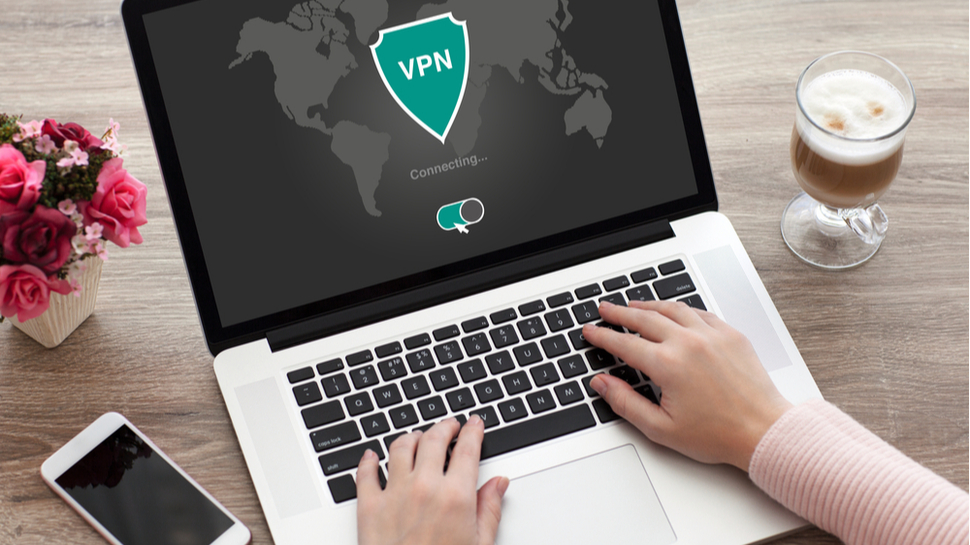In today’s interconnected world, where travelers often rely on public Wi-Fi networks at airports for essential tasks like checking emails, accessing sensitive documents, or conducting financial transactions, the risk of cyber threats looms large. Public Wi-Fi networks, though convenient, are notorious for their lack of security, making them prime targets for hackers seeking to intercept personal data. This is where a Virtual Private Network VPN can be an invaluable tool for safeguarding your online activities. A VPN establishes a secure, encrypted connection between your device and a remote server operated by the VPN service provider. When you connect to a public Wi-Fi network at an airport, your data is vulnerable to interception by cybercriminals who may employ techniques like packet sniffing or man-in-the-middle attacks to capture sensitive information such as login credentials or financial details.
Encryption of Data – A VPN encrypts the data transmitted between your device and the VPN server. This encryption ensures that even if someone manages to intercept your data, they cannot decipher its contents without the encryption key. This is crucial when using public Wi-Fi networks where data is typically transmitted in plaintext, making it easy for hackers to intercept.

Secured Communication Channels – By routing your internet traffic through a VPN server, the VPN creates a secure tunnel that prevents unauthorized access to your data. This shields your communications from prying eyes, ensuring that your online activities remain private and confidential.
Bypassing Restrictions – Some airports and regions impose restrictions on certain websites or services. A VPN can help you bypass these restrictions by masking your IP address and making it appear as though you are accessing the internet from a different location. This can be particularly useful for accessing websites or services that may be blocked in the airport’s network.
Protection from Malicious Activities – Public Wi-Fi networks is often targeted by cybercriminals deploying various malicious activities such as malware injection or phishing scams. A VPN can detect and block these threats before they reach your device, providing an additional layer of security against cyber-attacks.
However, not all VPNs are created equal. When choosing a VPN service for airport use, consider the following factors:
Security Protocols – Opt for VPNs that use strong encryption protocols like AES-256 and support secure VPN protocols.
No-Logs Policy – Look for VPN providers that have a strict no-logs policy, meaning they do not store any records of your online activities.
Server Locations – Choose a VPN with servers located in various countries to ensure you can bypass geographical restrictions and access content from around the world.
Speed and Reliability – Since VPNs can sometimes slow down your internet connection due to encryption overhead, select a VPN service known for its speed and reliability.
While public Wi-Fi networks at airports offer convenience, they also pose significant security risks. Using a reputable VPN can effectively mitigate these risks by encrypting your data, securing your communications, and providing anonymity while browsing and click this site. By taking proactive steps to protect your online privacy, you can travel with peace of mind knowing that your sensitive information is shielded from hackers and cyber threats.